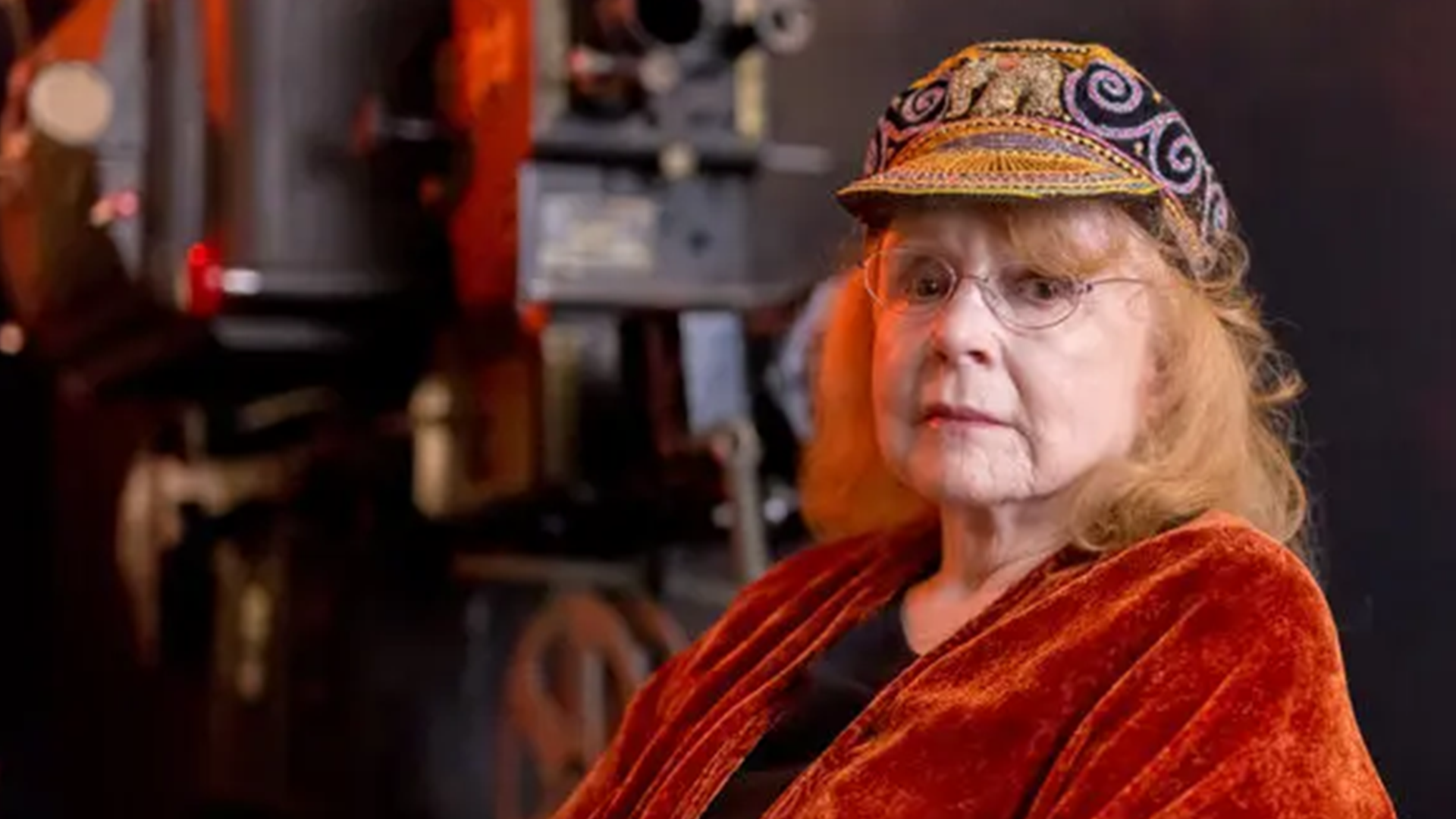
‘Carrie’ and ‘The Hustler’ Actor Piper Laurie Dies at 91
Piper Laurie, who began her career as a product of the 1950s Hollywood studio system but later emerged as a highly respected actress, passed away at the age of 91 in her Los Angeles home. Her manager, Marion Rosenberg, confirmed her death.
Despite her initial Hollywood journey, where publicity gimmicks attempted to brand new performers, Piper Laurie’s talent shone through, earning her three Oscar nominations, an Emmy Award, and a successful career on Broadway.
Piper Laurie’s first Academy Award nomination came for her role as a lonely alcoholic in “The Hustler” (1961), opposite Paul Newman. After a 15-year hiatus from film, she secured a comeback nomination for her portrayal of the deranged religious mother in “Carrie” (1976). Her third Oscar nomination followed for her performance as the estranged mother of a young deaf woman in “Children of a Lesser God” (1986).
In addition to her film success, Piper Laurie won an Emmy for “Promise” (1986), a CBS movie tackling schizophrenia. She received eight other Emmy nominations, spanning roles from the vengeful paper-mill manager in the original “Twin Peaks” to the comically vicious mother on the NBC sitcom “Frasier.”
Piper Laurie’s birth name was Rosetta Jacobs, and she was 17 when she signed a contract with Universal-International, adopting the screen name Piper Laurie. The studio’s aim was to employ publicity gimmicks to brand new performers. During that era, Piper Laurie was marketed as “the girl who ate flowers,” based on a scene where she ate orchids, rose petals, and marigolds for photographs and interviews.
Despite her external success, she grew disillusioned with Hollywood’s insipid parts and departed from the studio system in 1956. In her words, “Every role I played was the same girl, no matter whether my co-star was Rock Hudson or Tony Curtis. She was innocent, sexual, simple – the less intelligent, the better, and complexity was forbidden.”
Rosetta Jacobs’ journey to becoming Piper Laurie included elocution lessons, acting roles in Off Broadway productions, and a screen test. She signed a seven-year contract with Universal on the same day as another newcomer, Rock Hudson.
Piper Laurie’s later career spanned films like “Tim” (1979), “The Crossing Guard” (1995), and “The Grass Harp” (1995), along with appearances in horror movies such as “The Faculty” (1998) and “Bad Blood” (2012). She had a long romantic relationship with director John Frankenheimer, although they never married.
Piper Laurie’s influence extended beyond her acting. She embraced the relationship between focus and fear, honed during live television performances. Her shyness in childhood taught her to “listen deeply and fully,” allowing her to excel in intense live TV settings.
Piper Laurie’s impressive journey from reluctant starlet to revered actress showcases a career marked by talent, resilience, and a willingness to defy convention.